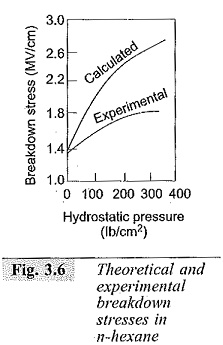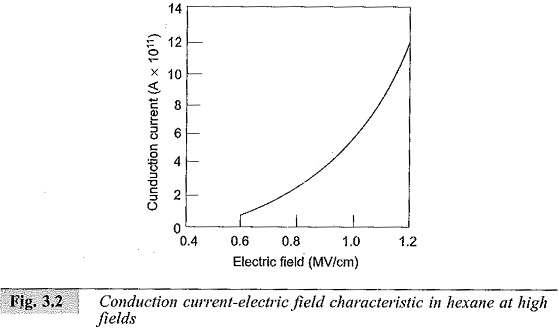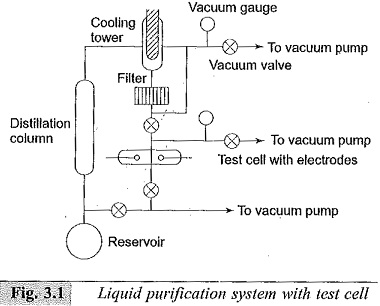Conduction and Breakdown in Commercial Liquids
Conduction and Breakdown in Commercial Liquids: As already mentioned, Conduction and Breakdown in Commercial Liquids are not chemically pure and have impurities like gas bubbles, suspended particles, etc. These impurities reduce the breakdown strength of…


